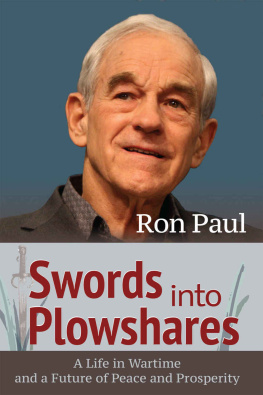STUDIES IN HISTORY, ECONOMICS AND PUBLIC LAW
EDITED BY THE FACULTY OF POLITICAL SCIENCE
OF COLUMBIA UNIVERSITY
Volume LXXXIII] [Whole Number 193
THE I. W. W.
A Study of American Syndicalism
BY
PAUL FREDERICK BRISSENDEN, Ph.D.
Sometime Assistant in Economics at the University of California and University Fellow at Columbia
Special Agent of the United States Department of Labor
SECOND EDITION
New York
COLUMBIA UNIVERSITY
LONGMANS, GREEN & CO., AGENTS
London: P. S. King & Son, Ltd.
1920
Copyright, 1920
BY
PAUL FREDERICK BRISSENDEN
TO
R. O. L. B.
[Pg 4]
[Pg 5]
PREFACE TO THE SECOND EDITION
No very extensive changes are made in the new edition. The chart of early radical labor organizations, which appeared in the first edition as Appendix I, has been omitted in this edition. There is reproduced in its place a copy of the original industrial organization chart prepared by "Father" T. J. Hagerty at the time of the launching of the I. W. W. in 1905 and sometimes referred to as "Father Hagerty's Wheel of Fortune". This chart is believed to be of some importance as illustrating the earlier ideas of the revolutionary industrial unionists on industrial organization in relation to union structure. It has been considerably amplified by W. E. Trautmann and published in his pamphlet One Great Union, and still further developed by James Robertson who has very recently built extensions upon it in furtherance of the shop-steward propaganda in the Pacific Northwest. His version is published in a pamphlet entitled Labor unionism and the American shop steward system (Portland, Oreg., 1919).
The organization held its eleventh national convention in Chicago in May, 1919. This was the first convention held since December, 1916. It was attended by fifty-four delegates and it has been reported that forty-eight of them had never before attended a general convention of the organization. The General Executive Board reported that the organization in 1919 comprised fourteen Industrial Unions, each with its locals in various parts of the country, and a General Recruiting Union, with a total membership of 35,000. Since the convention it is reported that three new Industrial Unions have been formed: an Oil Workers' Industrial Union, a Coal Miners' Union and a Fishery Workers' Union. Nearly fifty amendments to the constitution were adopted by the delegates at the May convention. Most if not all of these have been since approved in a referendum to the membership. The proceedings of the convention have not yet been published. Since the first edition of this book appeared the I. W. W. has launched a monthly magazine called The One Big Union Monthly and several new weekly newspapers.
The writer's attention has been called to the erroneous statement (on page 235) in regard to Daniel DeLeon's theory of industrial unionism. This has been revised to accord with the facts. There is added on page 241 some interesting comment from Lenin, the Bolshevik premier of Russia, on DeLeon and on the relation between revolutionary industrial unionism, and the soviet system in Russia.
P. F. Brissenden
Washington, D. C., September, 1919.
PREFACE TO THE FIRST EDITION
This is a descriptive and historical sketch of the present drift from parliamentary to industrial socialismas epitomized in the career of the Industrial Workers of the World in the United States. The I. W. W. is now thirteen years old. During the first half of its existence the general public hardly knew that there was such an organization. A few local communities, however, were startled into an awareness of it quite early in its history. The city of Spokane had an I. W. W. "free-speech fight" on its hands in 1909. Fresno, California, McKees Rocks, Pennsylvania, and Missoula, Montana, all had their little bouts with the "Wobblies" long before the Lawrence strike of 1912 made the I. W. W. nationally prominent.
Just now the Industrial Workers of the World, as represented by more than one hundred of its members and officials, is on trial for its life in Chicago. The indictment charges the defendants with conspiring to hinder and discourage enlistment and in general to obstruct the progress of the war with Germany. The specific number of crimes alleged to have been intended runs up to more than seventeen thousand. Since the war-time activities of the I. W. W. most concern us now, it is regretted that this book cannot be brought up to the minute with a final chapter on the I. W. W. and the war. But this is impossible. The trial is still in progress and almost no trustworthy evidence regarding the alleged anti-war activities is available outside of the court records.
Though nowadays well aware of the existence of the I. W. W., the public still knows little about the organization and its members. Moreover, a great deal of what it does know is false. For thirteen years the I. W. W. has been rather consistently misrepresentednot to say vilifiedto the American people. The public has not been told the truth about the things the I. W. W. has done or the doctrines in which it believes. The papers have printed so much fiction about this organization and maintained such a nation-wide conspiracy of silence as to its real philosophyespecially as to the constructive items of this philosophythat the popular conception of this labor group is a weird unreality.
The current picture is of a motley horde of hoboes and unskilled laborers who will not work and whose philosophy is a philosophy simply of sabotage and the violent overthrow of "capitalism," and whose actions conform to that philosophy. This appears to be about what the more reactionary business interests would like to have the people believe about the Industrial Workers of the World. If, and to the extent that these reactionary employing interests can induce the public not only to believe this about the I. W. W. but also to believe that the picture applies as well to all labor organizations, they will to that extent ally the public with them and against labor.
The negative or destructive items in the I. W. W. program are deliberately misconstrued and then stretched out and made to constitute the whole of I. W. W.-ism. In reality they are only a minor part of the creed. There are immense possibilities of a constructive sort in the theoretic basis of the I. W. W., but the Press has done its best to prevent the public from knowing it. And it must be said that the I. W. W. agitators have themselves helped to misrepresent their own organization by their uncouth and violent language and their personal predilection for the lurid and the dramatic. Even what the Wobblies say about themselves must be taken with a certain amount of salt. This matter of the currently-received opinion of the I. W. W. has been dwelt on because the writer believes that it is not alone important to know what an organization is like; it is also very important to know what people think it is like.
The popular attitude toward the Wobblies among employers, public officials and the public generally corresponds to the popular notion that they are arch-fiends and the dregs of society. It is the hang-them-all-at-sunrise attitude. A high official of the Federal Department of Justice in one of our western states gave the writer an instance. On a recent visit to a small town in a distant part of the state he happened upon the sheriff. That officer, in reply to a question, explained that they were "having no trouble at all with the Wobs." "When a Wobbly comes to town," he explained, "I just knock him over the head with a night stick and throw him in the river. When he comes up he beats it out of town." Incidentally it may be said that in such a situation almost any poor man, if he be without a job or visible means of support, is assumed to be,



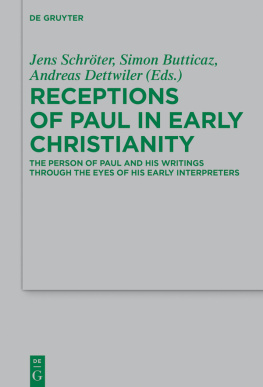
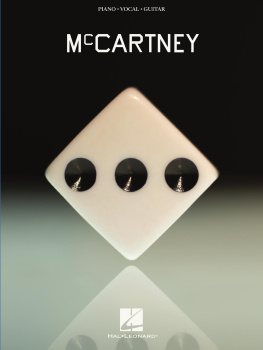


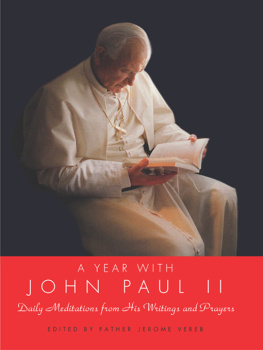
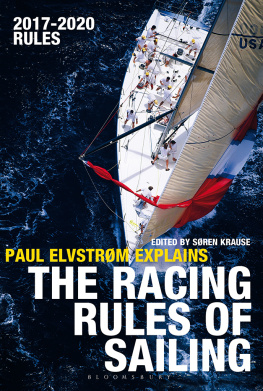

![Paul Muldoon [Paul Muldoon] - Poems 1968-1998](/uploads/posts/book/83661/thumbs/paul-muldoon-paul-muldoon-poems-1968-1998.jpg)
